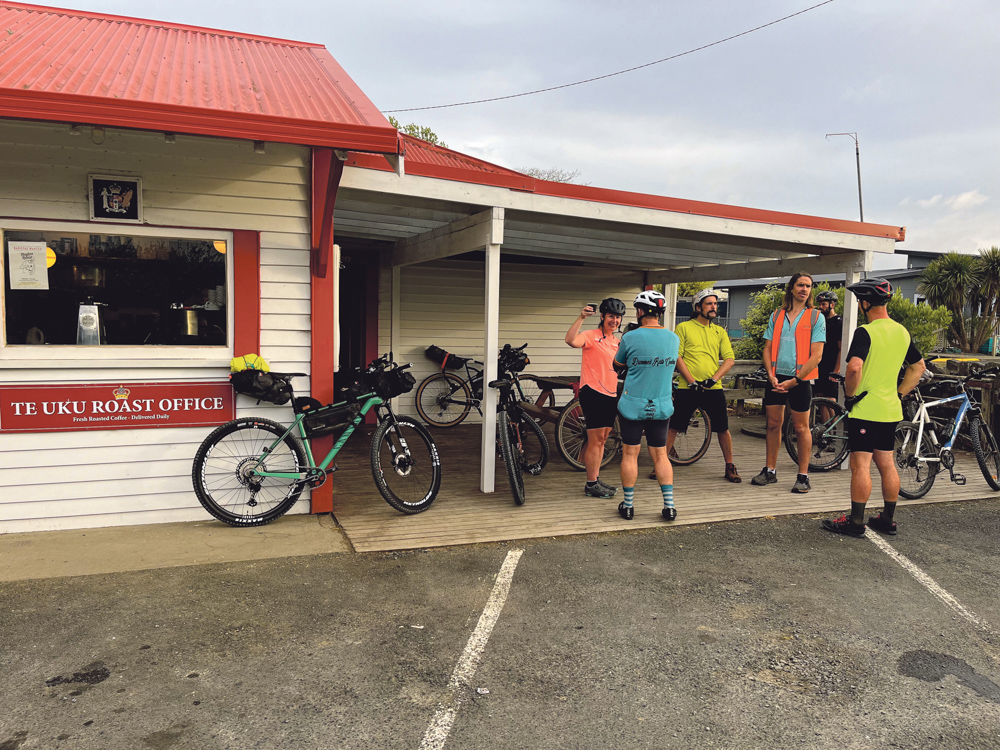The United States of America will swear Donald Trump into office as President again on January 20th 2025. When the US sneezes the rest of the world catches the Flu and that applies to New Zealand and our mortgage interest rates too.
When trying to figure out what might happen with mortgage interest rates we need to understand how NZ banks get the money to fund mortgages. In NZ, we’re not a nation of good savers. But we love buying property, which means there’s a gap between the amount of savings sitting in NZ banks available to be used for mortgage lending and the demand for mortgages.
The banks therefore have to borrow money from elsewhere to satisfy the demand for mortgages and they tend to go to the wholesale money markets (only accessible by large corporations and financial institutions) for these borrowings. Being the world’s biggest economy, the USA is a major player in the wholesale markets, so whatever is happening in the US has a significant impact on the cost of wholesale funds that NZ banks access.
Rates for the different lengths of term for borrowing from the wholesale markets are known as ‘swap rates’. In the build up to the US election, the lenders in the wholesale money markets en masse predicted a Trump victory around a month before the election. That showed as the longer term (2-5 years) swap rates starting to trend up. The day Trump won, swap rates spiked markedly higher.
Lenders in the wholesale money markets think that some of Trump’s key policies will mean that the US Federal Reserve will be less likely to cut the US base rate (The US Fed Funds Interest Rate – the equivalent of our Official Cash Rate or OCR) by as much as had previously been predicted.
Firstly, the market (and members of the US Federal Reserve) thinks that Trump’s policy on tariffs will lead to inflation in the US. Trump intends to apply tariffs on all imports from all countries of 10-20% and a 60% tariff on imports from China. Estimates are that these tariffs could increase each US household’s costs by around USD$2,600 as goods get more expensive. As we know, if inflation increases past the country’s target (in the US this is 2%) then interest rates will increase to take money out of people’s wallets and decrease demand for goods and services. So that’s a potential upside to rates in the US.
Secondly, the wholesale markets think that Trump’s policy on tax cuts would increase activity in the US economy. If economic activity is on the increase the central bank will be much less inclined to cut their base rate. So that’s potentially less downside pressure on rates in the US.
What does it all mean for us? If the swap rates increase, that will negate some of the impact of Reserve Bank of NZ (RBNZ) Official Cash Rate (OCR) cuts. NZ mortgage rates may not fall as much as previously thought, despite OCR cuts. The time to consider longer term rates may arrive sooner than thought. Timing that will be difficult.
*This does not constitute financial advice. Please reach out to us for advice specific for your position.











